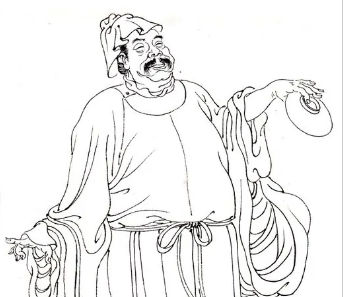Throughout the long history of China, Wuhan has always played a significant role. This city has witnessed two important turning points in Chinese history: the Wuchang Uprising and the failure of the Taiping Rebellion. Although these two events occurred in different periods, they both had profound impacts on Chinese history.

The Wuchang Uprising was the spark that led to the downfall of the Qing Dynasty. On October 10, 1911, the Wuchang Uprising broke out, marking the beginning of the Xinhai Revolution. This revolution ultimately overthrew the rule of the Qing Dynasty, ending China's feudal system that had lasted for thousands of years and ushering in an era of democratic republic in China. The success of the Wuchang Uprising benefited from Wuhan's geographical location and political environment. Located in the central part of China, Wuhan is an important hub for north-south transportation, making it an ideal base for revolutionary activities. At the same time, Wuhan's political environment also provided favorable conditions for the success of the Wuchang Uprising. The Hubei New Army, which was influenced by new ideas, was dissatisfied with the rule of the Qing Dynasty, providing strong momentum for the Wuchang Uprising.
However, the failure of the Taiping Rebellion contrasts sharply with the Wuchang Uprising. The Taiping Rebellion was the largest peasant uprising in modern Chinese history, with its leader Hong Xiuquan occupying Nanjing and establishing the Taiping Heavenly Kingdom. However, the Taiping Rebellion ultimately failed, mainly due to internal divisions and external pressures. There were serious divisions within the Taiping Rebellion, which prevented it from forming a unified force to resist the Qing army. At the same time, the intervention of Western powers also played an important role in the failure of the Taiping Rebellion. Western powers supported the Qing government, providing them with substantial military assistance, which put the Taiping Rebellion at a disadvantage in their battles against the Qing army.
The significance of Wuhan lies in its geographical location and political environment. Situated in the central part of China and serving as an important hub for north-south transportation, Wuhan has become an ideal base for various political activities. At the same time, Wuhan's political environment has also provided favorable conditions for these activities. Both the Wuchang Uprising and the failure of the Taiping Rebellion were inseparable from Wuhan's support.
Overall, Wuhan has played a crucial role in Chinese history. It is not only the political, economic, and cultural center of China but also a witness to Chinese history. Both the Wuchang Uprising and the failure of the Taiping Rebellion have left profound marks here. These historical events have not only changed the course of Chinese history but have also shaped China today.
Disclaimer: The above content is sourced from the internet and the copyright belongs to the original author. If there is any infringement of your original copyright, please inform us and we will delete the relevant content as soon as possible.
































